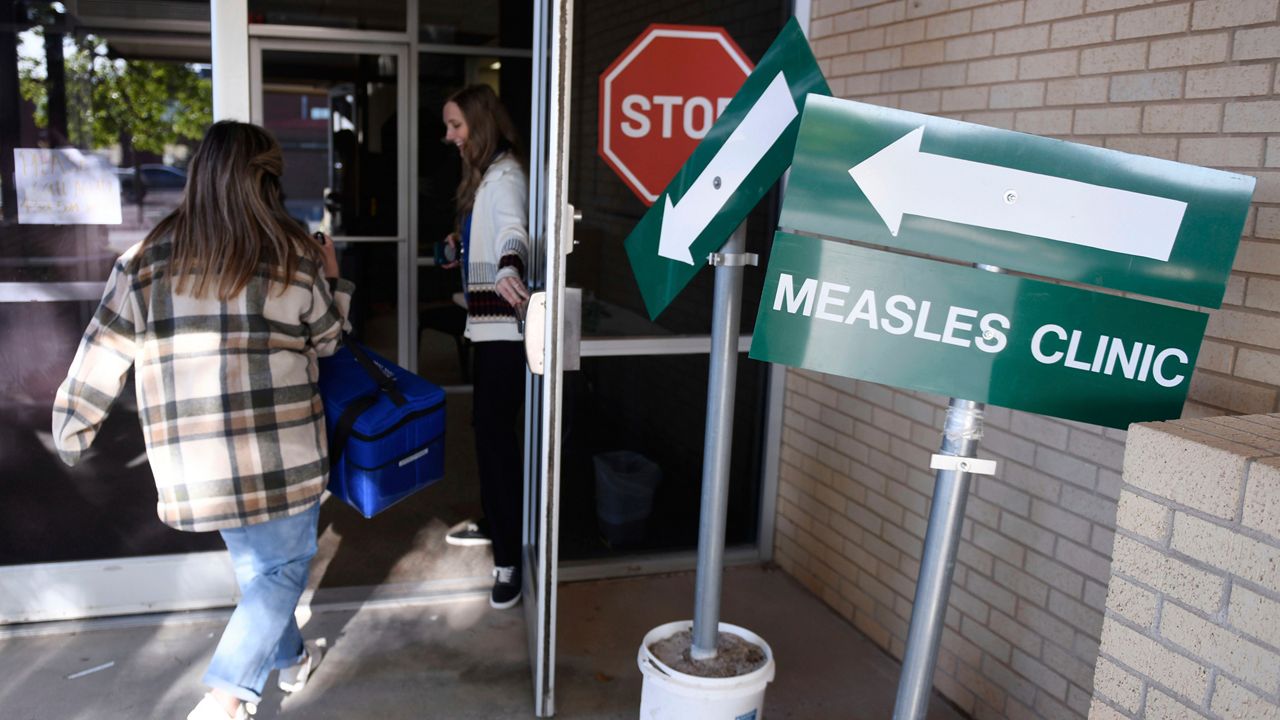Two Amber Alerts, which have since been connected to two separate 15-year-old girls who went missing but later were found this week, raise questions about how parents can look out for their children against online predators.
Four men have been arrested on charges including kidnapping and human trafficking.
Two men are tied to the case of a missing teen from Siler City.
Siler City police said Ronny Suarez and Saul Guvara contacted a teenager and then abducted her.
Roughly an hour away in Harnett County, court documents showed two other men, Elihue Mahler and Austyn Cole, appeared before a judge for the first time on Friday. Mahler, 31, is from Virginia Beach, Virginia, and Cole, 23, is from Kitty Hawk. Each had bond set at $5 million in the case of another 15-year-old girl from Spring Lake and will appear in court again on March 11.
Experts said there are webs of people inappropriately engaging with children online.
While some children may be more technology savvy than some adults, advocates said kids may lack the discernment to detect which engagements are safe and which are not.
An FBI special agent said in these cases it’s less about geography, upbringing and cultural setting and more about predators finding prey.
Morissa Moyer is the director of the North Carolina Center for Missing Persons. Moyer said human trafficking is a relevant topic now more than ever.
“The biggest thing is we are used to seeing grooming occur with the next-door neighbor or family member, or something like that. It’s a different route of travel with the internet now,” Moyer said.
Moyer said online enticement is when you have an adult inappropriately involved and connecting with a child.
“Because the way these things start out is never, ‘Hey I wanna traffick you,’ ‘Hey I wanna cause harm to you,’ it’s, ‘I can’t believe your mom and dad are so lame,’” Moyer said.
Moyer said it’s a grown-up posing as a friend on a relatable level.
“But the juveniles don’t see that. They just see, especially females, teenage females, they see, ‘Oh this is cool. He says I’m really mature for my age,’” Moyer said.
She said rarely are predators forthright. They take a slow, methodical approach to earning a child’s trust. It’s a sentiment FBI Agent Philip VanWyngarden echoed at a news conference Thursday.
“What I will say is that no minor goes willingly. I think it’s worth noting that wherever children are on the internet, predators will find them,” VanWyngarden said.
VanWyngarden and Moyer lay out the following suggestions:
- Create a dialogue with your child
- Go over online scenarios
- Talk to them about who they talk to online
- Look at and understand their devices
- Relay potential threats to other parents
- Balance respecting privacy while maintaining trust
“You gotta get ahead of the game and you gotta let them know ahead of time, ‘Listen if it feels wrong then you gotta talk to us about it. If it feels weird to you, let’s talk about it,’” Moyer said.









